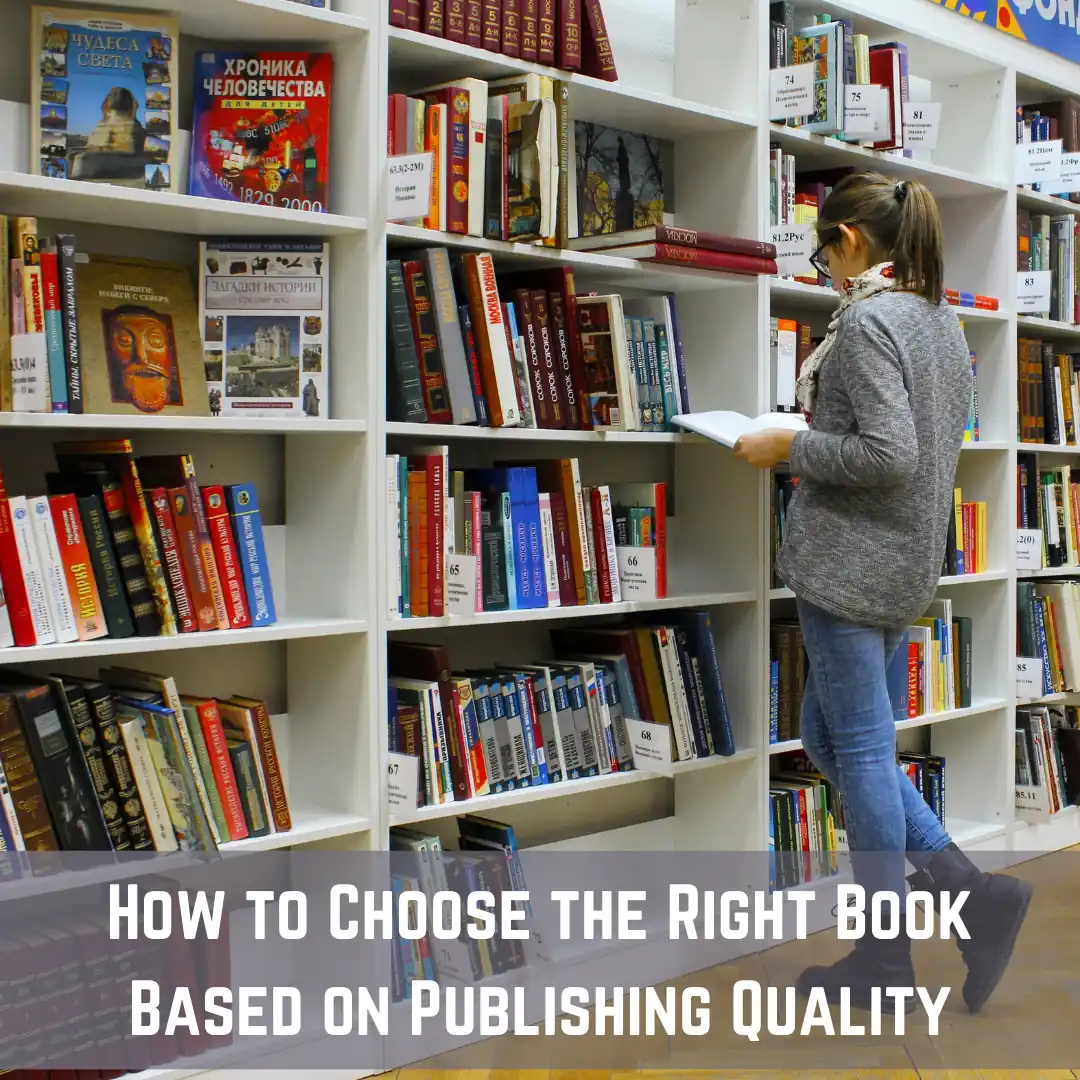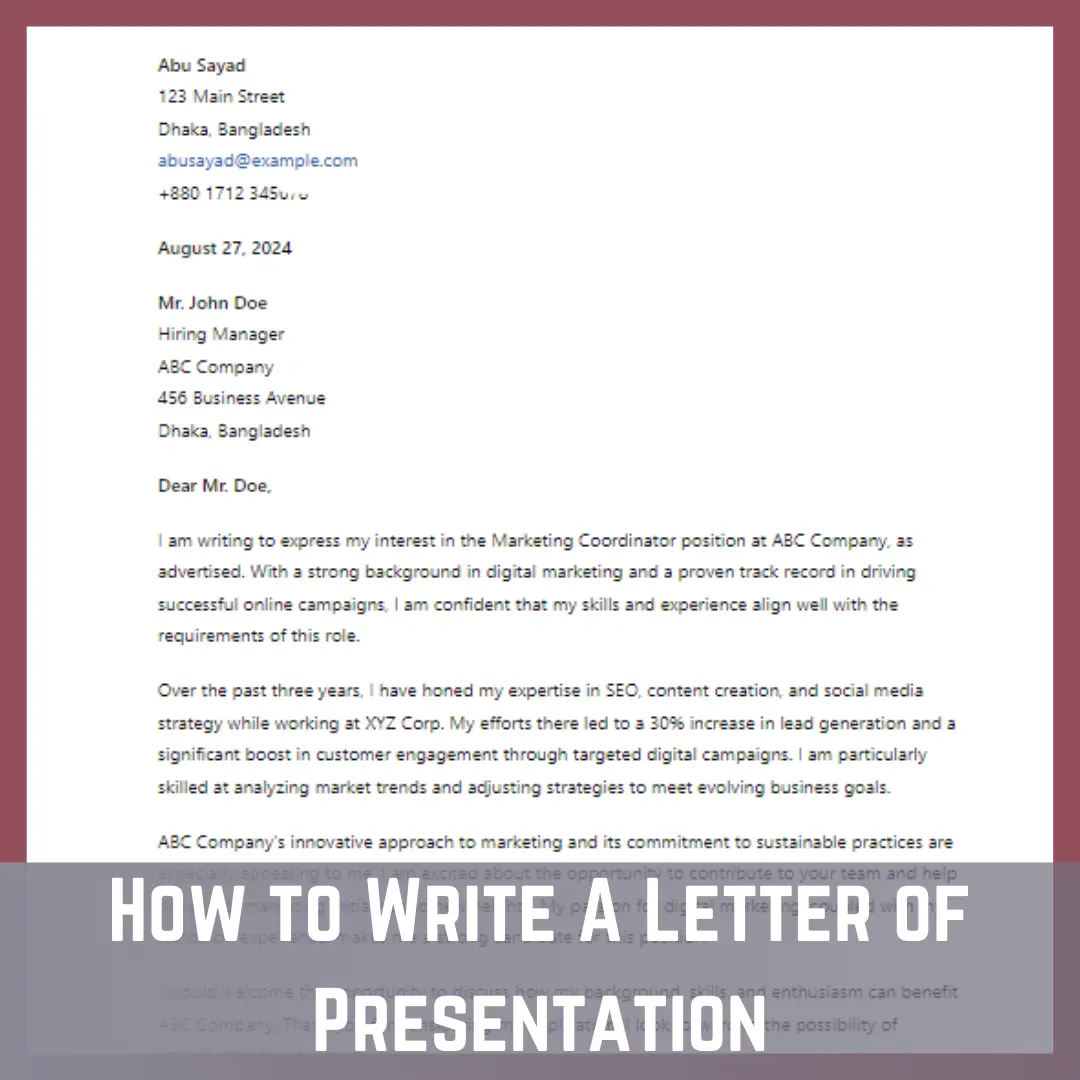Introduction
Choosing the right book can be an overwhelming task, especially with the vast number of options available today. While personal taste and genre preference play significant roles, the publishing quality of a book is an essential factor that often gets overlooked. In this article, we’ll guide you on how to choose the right book based on publishing quality, ensuring you get a well-crafted and enjoyable reading experience.
Understanding Publishing Quality
What is Publishing Quality?
Publishing quality refers to the overall standard of a book’s production, including the editing, formatting, cover design, and printing. High publishing quality means the book is professionally edited, well-formatted, and visually appealing, contributing to a better reading experience.
Why Publishing Quality Matters
A book with high publishing quality is more likely to be free of typos, grammatical errors, and formatting issues. It also tends to have a more professional appearance, which can enhance your reading pleasure and ensure you get the most out of the author’s work.
Key Indicators of High Publishing Quality
Professional Editing
Professional editing is a hallmark of high publishing quality. Look for books published by reputable publishers known for their rigorous editing processes. These books are usually free of glaring errors and have a smooth, coherent narrative flow.
Quality Cover Design
A well-designed cover is often a good indicator of the book’s overall quality. Professional cover designs are visually appealing and appropriate for the book’s genre. They often include well-thought-out typography and imagery that attract readers.
Interior Formatting
Interior formatting refers to how the text is laid out inside the book. High-quality books have consistent fonts, appropriate margins, and well-spaced lines and paragraphs. The text should be easy to read without any distracting elements.
Paper and Print Quality
The physical quality of the book, including the type of paper and print, also matters. High-quality books are printed on durable paper that doesn’t easily yellow or tear. The print should be clear and sharp, enhancing readability.
Researching Publishers and Imprints
Reputable Publishers
Books published by reputable publishers are often a safe bet for high publishing quality. These publishers have established standards and processes to ensure their books meet specific quality criteria. Researching publishers can give you a good idea of what to expect.
Recognizable Imprints
Many large publishers have various imprints, each catering to different genres or types of books. Familiarizing yourself with these imprints can help you identify books that meet your quality expectations.
Reading Reviews and Ratings
User Reviews
User reviews can provide valuable insights into the publishing quality of a book. Look for comments on the book’s editing, formatting, and physical quality. Positive reviews in these areas usually indicate a well-published book.
Professional Reviews
Professional reviews, often found in literary magazines or reputable websites, can also highlight the publishing quality. These reviews are typically more detailed and can give you a better sense of the book’s overall production standards.
Exploring Samples and Previews
Online Previews
Many online retailers offer previews of books. These previews allow you to assess the book’s formatting, editing, and overall presentation before making a purchase. Take advantage of these previews to make an informed decision.
Physical Bookstores
Visiting a physical bookstore gives you the chance to handle the book and examine its quality firsthand. Look at the cover, flip through the pages, and check the print quality to ensure it meets your standards.
Checking for Awards and Recognitions
Literary Awards
Books that have won literary awards are often of high quality. These awards are usually given to books that excel in various aspects, including writing, editing, and overall production. Look for award-winning books as a marker of quality.
Recognitions and Accolades
Books that have received recognitions or accolades from reputable sources are also likely to be of high publishing quality. These can include mentions in “best of” lists or endorsements from well-known authors and critics.
Considering the Author’s Reputation
Established Authors
Books by established authors are often published to high standards. These authors usually have experienced editors and designers working on their books, ensuring a high-quality final product.
New Authors with Strong Backing
New authors who are signed by reputable publishers also tend to have high-quality books. These publishers invest in thorough editing and professional design to launch new authors successfully.
Evaluating the Book’s Content and Structure
Cohesive Content
High-quality books have cohesive and well-structured content. The narrative flows smoothly, with well-developed characters and a logical plot progression. Look for books that offer a satisfying and engaging reading experience.
Thoughtful Structure
The structure of the book, including chapter organization and pacing, should be thoughtfully designed. Books that are well-structured are easier to read and more enjoyable, reflecting high publishing standards.
Using Online Tools and Resources
Book Recommendation Sites
There are numerous websites dedicated to recommending high-quality books. These sites often feature curated lists and expert reviews, helping you find books that meet your quality expectations.
Author and Publisher Websites
Visiting the websites of authors and publishers can provide additional insights into the quality of their books. These sites often showcase their best works and highlight their commitment to quality publishing.
Conclusion
Choosing the right book based on publishing quality can significantly enhance your reading experience. By paying attention to indicators like professional editing, quality cover design, and reputable publishers, you can ensure you’re selecting well-crafted books. Utilize reviews, previews, and recognitions to guide your choices, and don’t hesitate to explore both established and new authors.
FAQs
How can I tell if a book is professionally edited?
Look for books published by reputable publishers, read reviews, and check for a smooth, coherent narrative flow without glaring errors.
What are some signs of poor publishing quality?
Signs of poor publishing quality include numerous typos, inconsistent formatting, low-quality cover design, and unclear print.
Why is cover design important?
Cover design is important because it creates the first impression of the book and can indicate the overall quality of the production.
How can I find reputable publishers?
Research online, read reviews, and check literary awards and recognitions to find reputable publishers known for high-quality books.
Are award-winning books always of high quality?
Award-winning books are often of high quality as they are recognized for excellence in writing, editing, and overall production standards.




